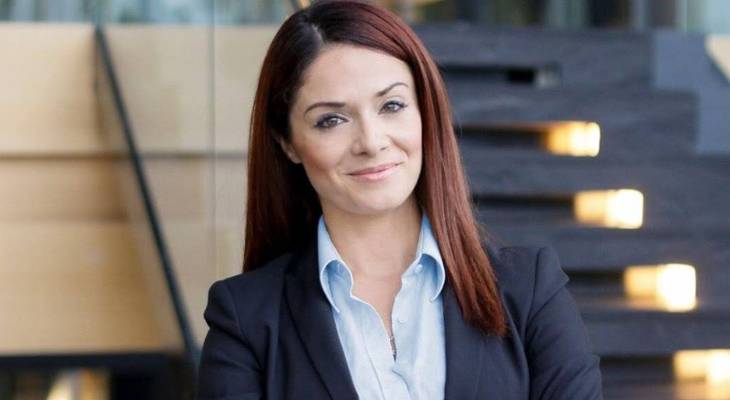Economist, Marie Briguglio, a keen advocate of sustainable economic practices, remarked that “Malta’s economy developed perhaps a little too fast and a little too furiously, and the consequence has been depletion of natural resources, loss of cultural assets, and higher levels of waste, air, climatic noise and marine emissions than could have been achieved with more prudent growth.”
There are several ways to green an economy, ranging from soft options to harsher ones, and fiscal measures can help too, she continued.
She thinks that Malta ’s intervention was somewhat stunted by an overreliance on throwing money at environmental problems, a solution the academic deems less politically painful than actually penalising polluters.
In environmental ailments and crime, the carrot cannot work without the stick because it is, after all, the polluter ‘pays’ principle, not the polluter ‘profits’ principle that is supposed to be implemented, Dr Briguglio asserted. In her opinion, the transport sector has to be urgently greened, though Malta does not need to re-invent the wheel to green the economy. “Post COVID-19, we now need to think of how to pick up an economy that has fallen flat on its face, without resorting to subsidising pollution.
“Instead, we have a great opportunity for a green recovery with investment in green infrastructure and aid that favours cleaner consumption and production,” Dr Briguglio argued.

MEP Roberta Metsola, Head of the Nationalist Party delegation in the European Parliament concurred, and insisted that the economies of the future must be centred around sustainability and circular models of growth.
The shift away from a linear to a circular economy is beneficial not only in terms of environmental impact but also because it makes economic sense, she noted.
“I’m glad that Malta is one of the countries that have committed to protecting the Green Deal but our national results are shambolic,” the MEP commented.
The Green Deal, a European initiative with objectives to reduce emissions by 2030 and achieve climate neutrality by 2050, will help the economy become more competitive and resilient, relieve the pressure on resources as well as on the environment, and promote innovation, she remarked.

Miriam Dalli, who heads that Labour delegation at the European Parliament, also said that shifting to a green economic model is the way to ensure lasting economic growth for the longer term. She agrees it is not a quick-fix policy but something she honestly believes is required to have a society that can guarantee economic growth, social protection and environmental integrity.
“The way ahead is long, not only for Malta but for all EU member states. However, if we have a vision, we can make sure that we prepare our society and our country for the reality of tomorrow as of today. To make this vision a reality, subsidies and direct Government investments are needed to shift from fossil fuels to cleaner technologies,” she asserted.
Moreover, she continued, “this vision is a necessity not a luxury because, ultimately, the harm from climate change will be slower than the pandemic we are going through but more massive and longer-lasting,” Dr Dalli warned.
This is an extract of an article that first appeared in the June edition of The Malta Business Observer
Main Image:
